

Advanced Powerboat Syllabus
Aim: To teach boat handling, seamanship, pilotage and navigation up to the standards required to drive a planing powerboat safely by day and night in tidal coastal waters with which the candidate may be familiar.
- Practical Prepare the powerboat Carry our fuel and engine checks Stow and secure gear Differences for a twin engine vessel Characteristics of various hull forms and propeller configurations Action to be taken in rough weather Demonstrate a practical understanding and correct use of power trim and trim tabs Demonstrate an awareness of the effects of wind and tide when manoeuvring, including: Steering in transits and in buoyed channels Turning in a confined space Berthing in various conditions of wind and tide Picking up and leaving a mooring buoy Demonstrate the use of an appropriate length of kill cord at all times The importance of pre-trip planning Planning and making coastal passages, taking into account the relevant navigational hazards, the type of boat and the strengths of the crew Chart plotters and radar, their advantages and limitations Organise the navigation, safety and welfare of the crew during a powerboat passage Navigate at higher speed using time / distance Use electronic navigational equipment for planning and undertaking a passage, including the use of waypoints, routes and XTE, SOG, COG, BTW, DTW Carry out pilotage plans and pilotage entry into or departure from harbour Use leading and clearing lines, transits, back bearings and soundings as aids to pilotage Use GPS and understands it limitations in pilotage Navigate using soundings Terms used in shipping forecasts, inclusing the Beaufort Scale, and their significance to small craft Sources of forecast information and interpretation of forecasts including synoptic charts The significance of meteorological trends Can interpret a synoptic chart Apply the International Regulations for Preventing Collisions at Sea How to change a propeller Propeller diameter and pitch Propeller ventilation and cavitation Checks to be made before starting, during running, amd afetr stopping for diesel and petrol engines Periodic checks on engines and electrical systems including spark plugs, water filters and pump impellers How to bleed the fuel system (diesel), change filters and pump impellers Transmission belts Spares to be carried Correct action to take in emergency situations Fire prevention and fighting Hull damage / watertight integrity What to do in a medical emergency Towing and being towed Helicopter rescue procedures Use of flares Search patterns Pick up a man overboard in all available conditions Take charge of a powerboat at night, including leaving and entering harbour Demonstrate ability at keeping a proper lookout and identifying lit and unlit marks by night
Advanced Powerboat Examination
- Preparation for sea Preparation of vessel Safety brief Stowing and securing gear for coastal passages Engine operations and routine checks, fuel systems, kill cord Fuel system, bleeding, changing filters and impellers
- Boat handling Hull forms and their handling characteristics, propeller confirgurations Knowledge of action to be taken in rough weather Significance of tidal stream on sea conditions Steering and power control through waves Understanding and correct use of power trim and tabs Towing, under open sea conditions and in confined areas Strategy up and downwind and in heavy weather Awareness of the effects of wind and tide when manoeuvring, including: Steering to transits and in buoyed channels Turning in a confined space All berthing and un-berthing Picking up and leaving a mooring buoy Anchoring Recovery of man overboard Awareness of ground speed and ability to hold the boat on station
- Responsibilities Skippering the vessel with effective crew communication Preparing the vessel for sea and for adverse weather Tactics for heavy weather and restricted visibility Emergency and distress situations Customs procedures Courtesy to other water users
- Passage making and pilotage Your chart work and theory knowledge should include: Charts, navigational publications and sources of navigational information Chart work, including position fixing and shaping course to allow for tide Tidal heights and depths Buoyage and visual aids to navigation Instruments, inclusing compasses, logs, echo sounders, radio navigation aids and chart work instruments Passage planning and navigational tactics Importance of pre-plannig High speed navigation, pre-planning and execute Use of electronic navigation (GPS & Radar) Pilotage techniques and plans for entry into or departure from harbour Use of leading and clearing lines, transits and soundings as aids to pilotage Navigational records Limits of navigational accuracy and margins of safety Lee shore dangers You should be able to enter and depart from a charted port by day or night. Your examiner will give you a pilotage exercise and ask you to explain your planning. You will need to be aware of the problems of collision avoidance and how to determine your position by night.
- Meteorology You should be able to use weather and tidal information to predict likely sea conditions and make passage planning decisions. Definition of terms incuding Beaufort Scale, and their significance to small craft. Sources of weather forecasts Weather systems and local weather effects Interpretation of weather forecasts, barometric trends and visible phenomena Ability to make passage planning decisions based on forecast information
- Rules of the road Application of the International Regulations for Preventing Collisions at Sea. You should be able to identify power and sailing vessels by night. Identification of types of ship by night is not required, but you will need a knowledge of the lights of tugs and trawlers.
- Safety Candidates will be expected to know what safety equipment should be carried on board the vessel, based either on the recommendations in RYA booklet C8, or the Codes of Practice for the Safety of Small Commercial Vessels. In particular, candidates must know the responsibilities of a skipper in relation to: Fire prevention and fighting Hull damage / watertight integrity Medical emergency Towing and being towed VHF emergency procedures Explanation of helicopter rescue procedures Use of flares Man overboard Sector search Lifejackets Life rafts


- Jetski Training Licence centre set up
- Jetski Regulations
- Choosing a Jetski for your Yacht
- Jetski Launching systems
- RYA Inspection Preparation
- Change of RYA Principal/Chief Instructor?
- PWC Instructor Revalidation
- Consultancy questionnaire
- RYA Jetski Licence
- RYA Jetski instructor courses
- RYA Tender Courses
- Seadoo Jetski Lifting Slings
- Yamaha Jetski Lifting Slings
- Tender tracking
- Inflatable Docks for Jetskis & Seabobs
- 4.2m Tender & Jetski Mooring Whips
- 4.8m Tender Mooring whips
- 5.0m Carbon Tender Mooring whips
- 6.0m Carbon Tender Mooring whips
- Jetski Trolley
- Super Low Jetski Trolley
- Jetski Chocks
- Tender Chocks
- Williams Tender Chocks
- Princess Yacht Tender Chocks
- Jetski Cradle
- Tie down kits & ratchet straps
- Jetski Resources
- Yacht Training Centre Info Hub
Annual RYA PWC (Jetski) centre inspections

How We Can Help:
Prior preparation.
- Download and print off an RYA inspection report form
- Complete the shaded sections on the inspection report from
- Review and ensure you comply with the RYA Training centre guidance notes
- If you have had a change of Captain / Principal please read HERE
You can access the relevant forms via your Yacht training centres RYA website login.
Inspector's Costs
RYA Recognised Training Centres that are subject to the non-UK recognition fee will, in addition to the annual recognition fee, provide or cover the cost of the inspector's international travel, airport transfers, accommodation (if required) and subsistence required for the centre’s inspection.
Where extensive travel is required, additional payment to cover travel days will be charged.
Where an area has multiple RYA Training Centres, the inspector will make every effort to co-ordinate inspections to enable the costs to be shared between the RTCs concerned. Any RYA Training Centre that cannot be inspected as part of a co-ordinated visit of multiple centres must cover the cost of their own inspection as above.
A checklist of items your RYA inspector will want to view:
- Operating procedures manual & safety policy
- Emergency action plan
- Accident, incident & near miss log books
- Safeguarding policy (if you deal with U18s)
- Course program
- A record of PW certificates issued
- A system for obtaining guests medical details
- Instructors information (see below)
- Supervisors information (see below)
- Evidence of Induction & on-going training
- Personal safety equipment i.e. buoyancy aids, wet suits etc
- A set of high visibility marker buoys (x 4)
- Your PWCs & associated safety equipment - see RYA PWC checklist further down this page
- Your tender/safety boat & associated safety equipment - see RYA Powerboat checklist further down this page
- Appropriate publications, training & visual aids
Instructors:
- RYA PWC Proficiency certificate
- RYA PWC Instructor certificate
- Tender licence
- First Aid certificate (if STCW, must have been completed within last 5 years)
- RYA Membership number
- Date of birth
Supervisors:
- RYA PWC Safety or Proficiency certificate
- First Aid certificate (if STCW must have been completed within last 5 years)

A copy of the RYA Inspection Report form can be accessed via your training centre login on the RYA website.
Relevant Sections Of RYA Guidance Notes
You can access the current RYA Recognition Guidance Notes via your Yacht training centres RYA website login.
- General requirements for recognition
- Specific PWC requirements
- Sample health declaration
- Dealing with a major accident
- RYA Training centre checklist - Powerboats (see below)
- RYA Training centre checklist - PWC (see below)

- Check your Tender and PWC killcords have a thread core (rather than being entirely plastic), this is one of the items your inspector may check whilst onboard.
- Ensure your kill cord on both you Tender/s and PWC/s are fully functional prior to your inspection.

- Our Community
- Our Dealers
- Book a test drive
- Buyers guide
A guide to RYA powerboat training for drivers
Whether you are a beginner or an experienced driver, there’s always something new to learn about being on the water.
Why should you consider powerboat training?
In most countries you have to pass a driving test and get an official licence before you can legally drive a powerboat or RIB. There’s no such requirement in Britain (except for very large yachts). Powerboat training and certification are voluntary. Although contrary to what you might expect there are actually fewer boating accidents in UK waters than in many countries that do insist on a formal driving licence.
That said, it’s extremely unwise to take to the water without any knowledge or training. There are plenty of pitfalls including some real potential dangers and many of them can’t be avoided with just common sense.
Boating is statistically very safe in Britain because most people get themselves trained to a higher level than the bare minimum required by a basic exam. The RYA’s (Royal Yachting Association) training scheme is the international gold standard for recreational boating and its certificates are widely recognised abroad.
Good reasons to get trained
There are many good reasons to sign up for at least one training course.
- First and foremost, you will definitely get a lot more enjoyment from your boating if you know what you’re doing – and so will your family and friends.
- If you own your own boat, your insurance premium will almost certainly be lower and your maintenance and repair bills are likely to be much smaller, too.
- A good working knowledge of tide, weather and sea conditions is absolutely essential for safe boating in coastal waters
- Aa training course will teach you some very useful skills, such as high-speed boat handling techniques and parking manoeuvres, which are difficult to figure out on your own.
- Just like driving a car, you need to understand the ‘rules of the road’ including some that aren’t obvious or intuitive.
- A boating certificate also enables you to hire boats and yachts on holidays abroad, charter a boat, or to take your own boat overseas.
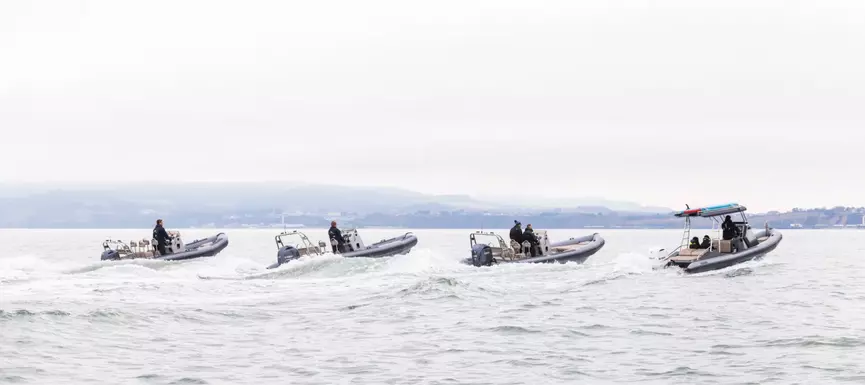
Learn locally, or on holiday
There are RYA recognised Training Centres all around the UK. Also, you can do courses in places like Greece, Spain and the Caribbean, combining a hands-on boating course with a holiday and learn the essential skills in hot, sunny weather. Although if you plan to do the majority of your boating in tidal waters, it is worth doing a course in tidal waters. In the UK there are powerboat charter companies and boat sharing Clubs, many of which also offer approved RYA training as part of the induction process.
Most Training Centres are geared up to teach a whole family, either on the same course or on different courses appropriate to their age, knowledge and ambitions. A further option for boat owners, offered by some training centres, is to arrange private tuition from an RYA instructor on your own boat. The obvious advantage of this is that it allows you to learn and practice on the same type of boat that you’re going to be using.
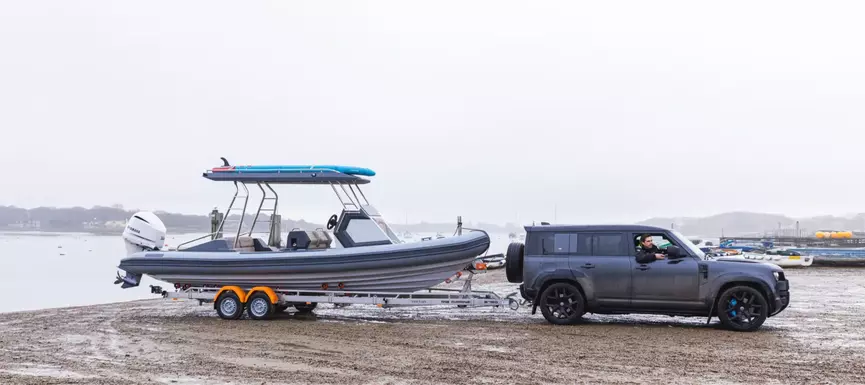
Beginners start here
The RYA scheme starts with two beginners’ courses: Level 1 Start Boating and Powerboat Handling Level 2. Neither of them assume any prior knowledge of boating. (Both courses are offered by Trafalgar Powerboat Training too!)
Level 1 is a one-day introductory session out on the water that covers the basics and gives you the knowledge and skills to drive a boat safely under the supervision of a more experienced person.
Level 2 is the course for you if you want to be independent and self-sufficient on the water. You don’t need to have completed a Level 1 course; you can go straight in at this level. It’s a two-day, hands-on course that covers the essentials you need to enjoy your boat safely in good weather conditions:
- launching & recovery
- boat handling and manoeuvres
- parking techniques – mooring, anchoring & coming alongside
- man overboard rescue
- and much more.
Most insurers expect boat owners to have a Level 2 certificate, or to demonstrate that they have equivalent experience. It’s also the minimum qualification for an International Certificate of Competence (ICC), which you will need if you want to drive boats and yachts abroad.
Essential boating knowledge
After passing your Level 2 course the next step, if possible, is to practice the skills you’ve learned and get some experience. This may be in your own boat, on a holiday or as a member of a shared boating club such as Boat Club Trafalgar .
At the same time, you can start preparing for the RYA Day Skipper course. This is a ‘shore-based’ boating theory course that equips you with the essential knowledge and practical skills needed to confidently and safely navigate your boat:
- weather forecasting
- collision avoidance
- emergency and safety procedures
There’s a lot to learn: about 40 hours of teaching followed by two exam papers. The Day Skipper course can be taken either as a series of short sessions, by distance learning online or as a one-week intensive course. It might seem like a bit of hassle, yet so much crucial and useful knowledge is packed into in this course that it really is worthwhile. Most people tend to do it in the winter months in preparation for the next season.
Intermediate and advanced courses
The next practical on-the-water training course in the RYA scheme, Intermediate, is a two-day session geared towards people who want to go off cruising in large motor yachts and drive high-performance powerboats. The course syllabus assumes that you already have the practical skills and experience of Level 2, plus all of the knowledge that’s covered in the Day Skipper course. It’s strongly recommended that you also have a first aid certificate and a marine VHF radio operator’s licence.
The Intermediate course content includes:
- cruise planning
- boat preparation
- practical pilotage and navigation
- more advanced boat-handling and manoeuvring techniques
- more rigorous man overboard rescue training
An advanced boating theory course called Coastal Skipper/Yachtmaster Offshore follows on from Day Skipper, with another 40 hours of learning and three exams. You’ll need to do that (or at least have the equivalent level of knowledge) before tackling the Advanced practical powerboat course. This is the course for adventurous boaters and for professional boat drivers, training you for:
- longer trips
- navigation at night
- boat handling in challenging weather and sea conditions
The Advanced course is arguably a bit more advanced more than the average leisure RIB or powerboater actually needs. However, it’s highly recommended if you’re planning to go off on an extended cruise.
Specialist skills and informal training
The RYA also offers a range of short, specialist courses that are very useful for some types of boating. These include subjects like radar, sea survival, first aid, VHF radio and diesel engine maintenance.
Most RYA Training Centres can also offer informal training on request – perhaps a one-day refresher course if you haven’t been on the water for a while, or a boat-handling session if you’ve plenty of experience in other types of boats but are either new to fast powerboats and RIBs, or want a session in your own boat.
However, much training you have, it’s no substitute for going out on the water and building up hours and days of practical experience, driving your own boat or other people’s.
Even after years of doing it, you’ll find that you still keep learning. And that’s what makes it so rewarding.
For more information on RYA training courses, visit RYA.org.uk .
Subscribe to our newsletter
© 2023 Leisure & Commercial RIBs by Ballistic RIBs All rights reserved. | Privacy & Cookies | Data Request
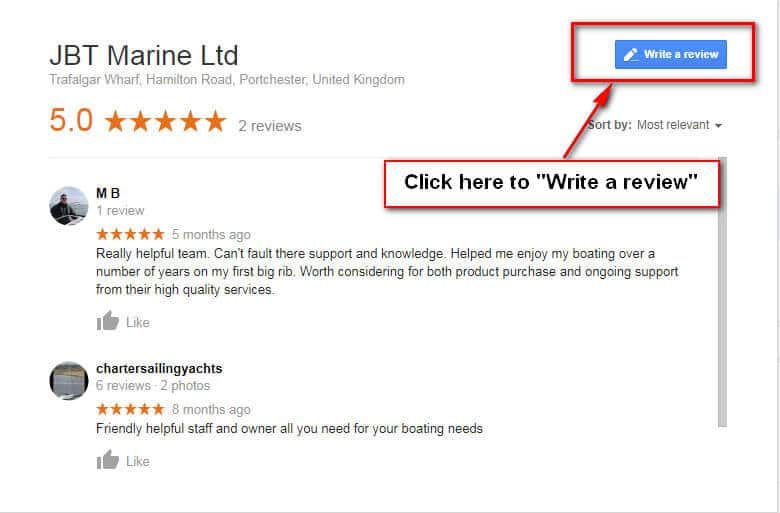

- RYA First Aid Course
- RYA Professional Practices & Responsibilities Course
- RYA VHF radio (SRC) Classroom Course
- VHF pre-course learning
- RYA VHF/SRC exams
- RYA CEVNI ICC (inland waterways)
- RYA Safeguarding 'Safe & Fun' course
- Navigation Theory Refresher
- RYA Essential Navigation & Seamanship Classroom Course
- RYA Day skipper shorebased theory classroom course
- RYA Coastal skipper / Yachtmaster Offshore theory classroom course
- Online courses - FAQ
- Online test page
- RYA Jet ski (PWC) Proficiency Course
- Planning a Jetski Adventure
- Safety & Patrol Jetski Operator Training
- RYA Jet ski (PWC) Instructor Course
- RYA Jet ski (PWC) Instructor Conversion Course
- RYA Powerboat level 1 course
- RYA Powerboat level 2 Course
- International Certificate of Competence
- Youth RYA Powerboat Courses
- Private Powerboat Lessons
- Private RYA Powerboat Courses
- RYA Powerboat Level 1 Course (Own Boat)
- RYA Powerboat Level 2 Course (Own Boat)
- Bespoke Tuition (Own Boat)
- Introduction to Night Powerboating
- RYA Powerboat Intermediate Course
- RYA Tender Operator Course
- RYA Advanced Powerboat Course
- Advanced Powerboat Exam CoC
- RYA Powerboat instructor Skills Assessment
- RYA Powerboat instructor Course
- RYA Yachtmaster Instructor to Powerboat Instructor Conversion Course
- RYA Advanced Powerboat instructor Course
- RYA Jetski (PWC) instructor Course
- RYA Powerboat to Jetski (PWC) instructor conversion Course
- RYA Powerboat Instructor Workshops
- RYA Jetski Instructor Workshops
- RYA Jetski (PWC) proficiency /licence course
- Onboard PWI Booking & Terms
- PWI student page
- Student details
- Working on a Superyacht
- Superyacht Jetski Lifting Slings
- Commercial Boating
- RYA Course Gift Vouchers
- Christmas Gift Vouchers
- Our Location
- Teaching craft
- Customer Reviews
- Our RYA Training Team
- Local Accommodation
- Poole Harbour Boating Guide
Powerboat Equipment Checklist
| Lifejackets | Ensure they are in date, correctly fitted, appropriate for the conditions and the wearer knows how they operate. |
| Paddles | Incase you lose engine power / function |
| Bailer | Should you inadvertently take on water |
| Towline | If you need a tow or need to assist someone else who does |
| Throwline | Its must easier to retrieve a conscious person overboard by throwing them a line and heaving them back to the vessel |
| Toolkit | For the simple things that seem to dismantle themselves when you least expect it ! |
| Survival Bag | Either fro post immersion or just because people get cold ! |
| 1st Aid Kit | Because you just never know.. |
| Anchor w/chain or warp | For when you find that perfect spot to stop and / or in the event of a break down when you want to stop for other reasons! |
| Distress Flares | 2 x orange smoke + red hand held flare (at a minimum for close coastal cruising) |
| Sharp Knife | Propellor wraps are a very real thing.. its not always easy to see debris in the water |
| Fire Extinguisher | Because we all have have bad luck sometimes.. make sure its suitable for petrol fires! |
| VHF (fixed or handheld) | To monitor local activities & in case of an emergency. |
| Mayday Procedure Card | Not all your occupants will be familiar with VHF, having easy to read instructions may just be your saviour! |
| Radar Reflector | If you have a place to put one, it will make you easier to spot by larger craft. You can get inflatable ones too so they are easy to stow before and after your adventures afloat. |
| Fog Horn | A good way of attracting attention if required aside to the practicality in fog. |
- Scroll to top
Powerboat instructors
This scheme can be taught in a variety of small open powerboats such as RIBs, dories and sportsboats and is aimed at a variety of users from casual leisure boaters to professional small boat skippers. As an instructor you will therefore need to have experience in a variety of boats and situations.
Powerboat Instructor
| 16 | |
| | |
| | Five seasons experience of powerboating logged (preferably in range of boat types and sizes) OR one season for those who use powerboats as an integral part of their normal full-time occupation. |
| Candidates must attend a skills assessment prior to their instructor training course. Details can be found in the RYA Power Schemes Instructor Handbook (G19) | |
| | Three day course assessed by an independent Trainer on the third day.
|
| | Up to and including Powerboat Level 2 under the supervision of the Principal or Chief Instructor. If you hold the Safety Boat Certificate, you may also teach the RYA Safety Boat Course. |
| | Five years from date of issue, provided that a valid first aid certificate is maintained. |

Health declaration
You will be asked to sign a health declaration stating that you are not suffering from any physical or mental impaiment which has an adverse effect on your abililty to properly discharge your duty of care as an instructor. If you are unable to sign the standard declaration, you will be required to complete a medical questionnaire .
Progressing through the coaching scheme

zephyr yachting
Rya powerboat level 2, course description.
This two-day entry level course provides the skills and background knowledge needed to drive a powerboat and is the basis of the International Certificate of Competence. It focuses on low speed close quarters handling, man overboard recovery, an introduction to driving at planing speed, and collision regulations. The course is 85% practical and taught on a 6.5 RIB with 3 persons maximum per course
back to all courses
Launching and recovery, boat handling, securing to a buoy, anchoring, leaving and coming alongside, man overboard
Book Course
Find out more.
If you have any questions about this course, do not hesitate to contact us. Simply submit the form below.

keep in touch
Phone: +33 493 33 34 04, email: [email protected].
website created by the agency
- Certificates of Competence
RYA Certificates of Competence
Prove your ability and experience as a skipper with an rya certificate of competence.
Available at Advanced Powerboat and RYA Yachtmaster® Coastal, Offshore and Ocean level, RYA Certificates of Competence are well known qualifications that are highly respected worldwide.
Unlike other RYA qualifications, Certificates of Competence are not issued following a formal training course but are achieved by successfully completing an exam testing your skill, knowledge and experience.
So whether you’re a recreational boater looking to put your skills to the test, or need a professional qualification and commercial endorsement to work on the water, find out everything you need to know below.
The pinnacle of yachting qualifications. Find out what it takes to become an RYA Yachtmaster.
Provided you have sufficient experience, seatime and the required certificates, you can put yourself forward for an exam to test your skills and knowledge.
The RYA training schemes will take you all the way from beginner to exam level. As well as the required certification, there are a number of other RYA courses you might find useful.
With the backing of the Maritime and Coastguard Agency (MCA) we ensure RYA qualifications are recognised and respected throughout the world.
We are constantly monitoring and improving our courses and exams. Find out more about how we measure exam feedback to ensure the highest levels of satisfaction and confidence.
RYA Powerboat Courses
Our rya powerboat courses.
Our Rib is a 6-metre Humber with a new Mercury 115 hp engine and Garmin plotter. She is coded and an excellent sea vessel.
Being in the heart of Lowestoft and right by the busy marine and port entrance there are ample practical teaching opportunities
INSTRUCTOR – STUDENT RATIO Either 2:1 or 3:1.
What’s included
- You will be coached over the full RYA course syllabus
- Tea and coffee plus yummy biscuits
- RYA Start powerboating book
- SPBT note book
- Free Parking
- All mooring fees, safety equipment and fuel
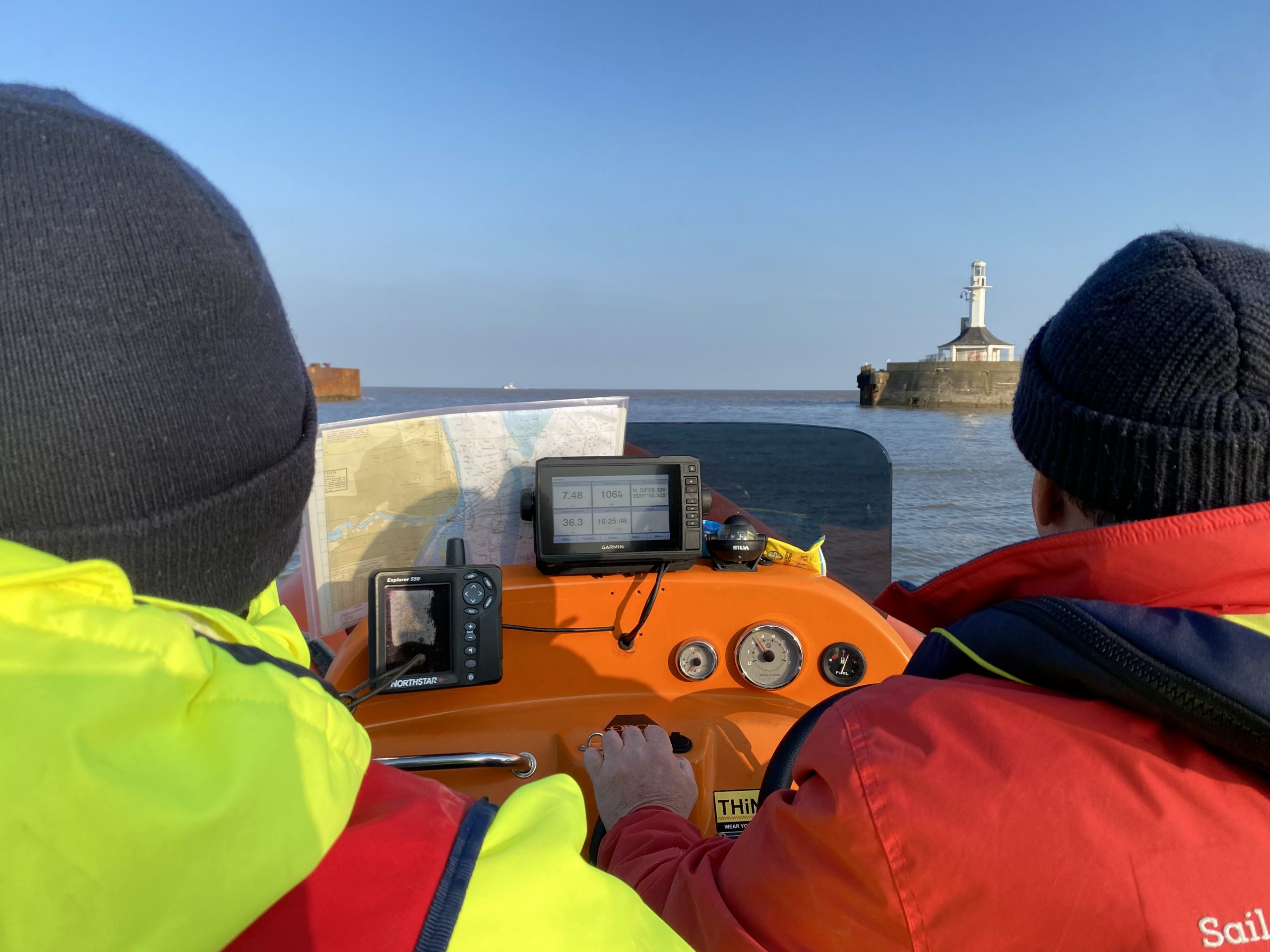
RYA Power Boat Level 2
This course suits those new to boating who want to develop the base skills as well as those who have boated for a while but who want to ensure they are approaching their boating the right way.
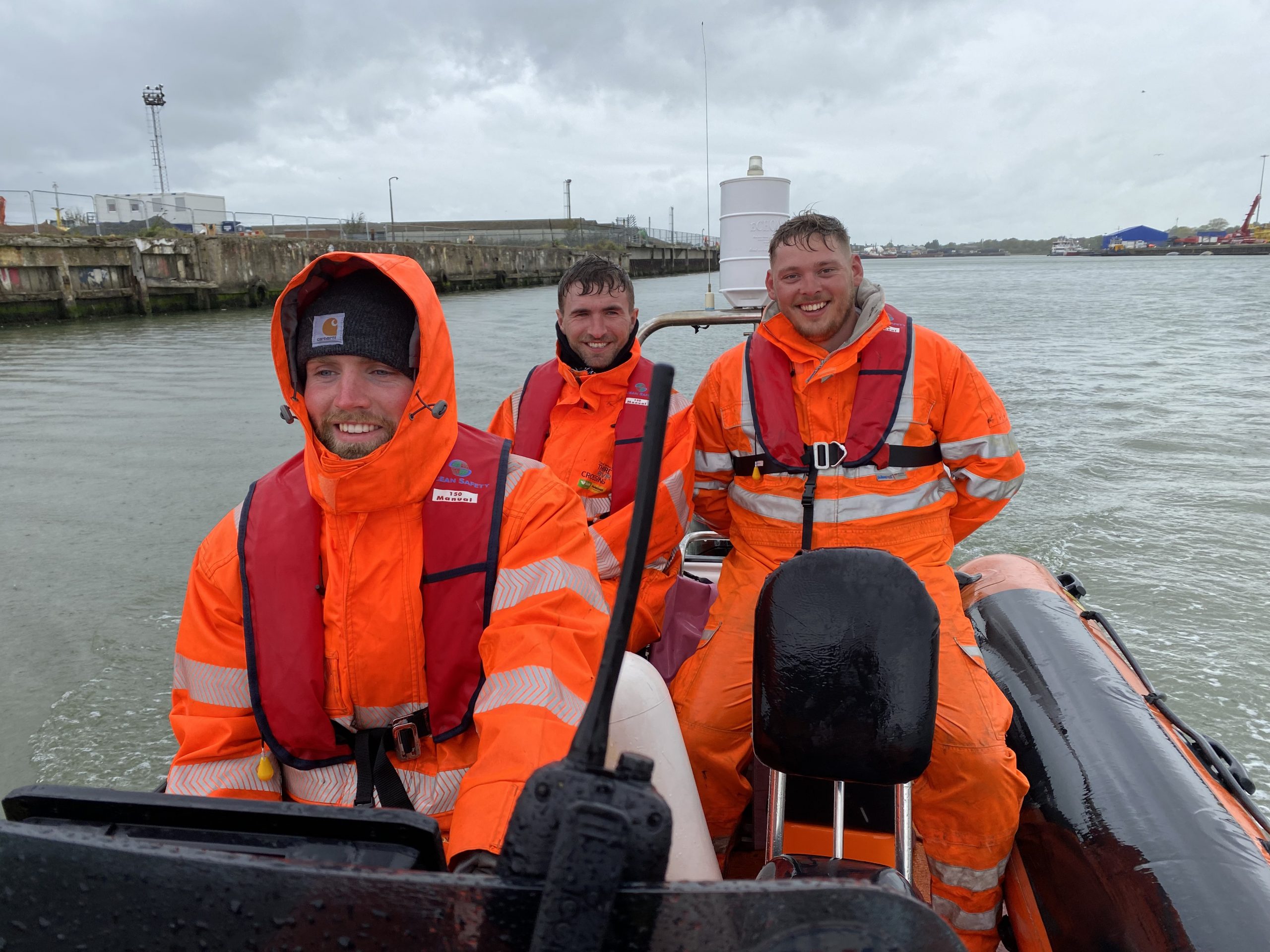
RYA Power Boat Intermediate
Thi course is aimed at those who have boated a season or more, probably already have Level 2 and want to learn more about coastal cruising.
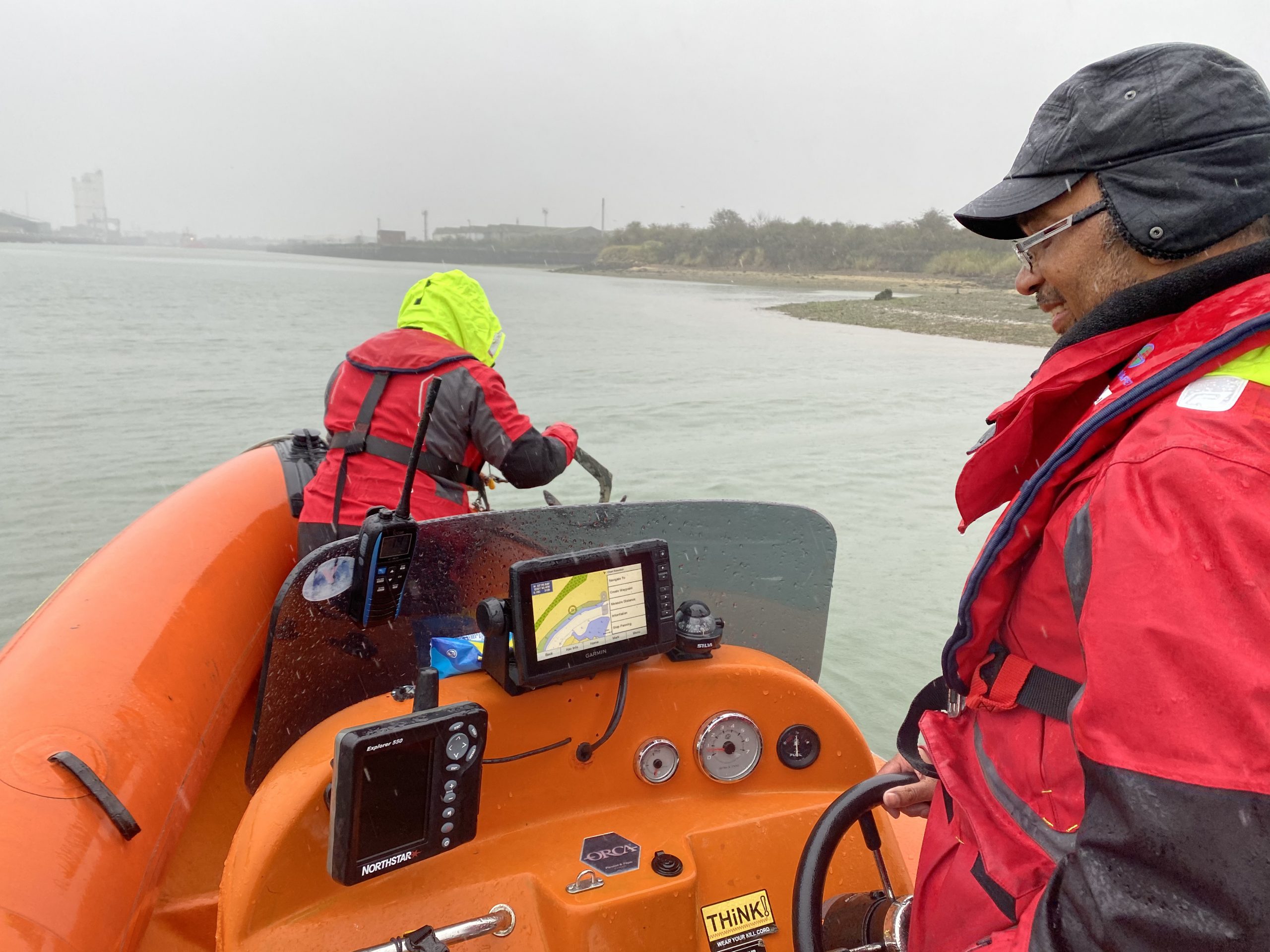
RYA Power Boat Advanced
Aimed at experienced leisure boaters and those seeking to work commercially. The Advanced Course can be followed by the Advanced Examination.
RYA Power Boat Advanced CoC Exam Prep
This will vary from person to person, but it is easy to underestimate the level that you need to be at for the Advanced Examination.
RYA Superyacht Tender Operator
Aimed at those already working as a tender driver transferring guests/passengers in sectors such as the superyacht world or in other environments where you may need to transfer guests and passengers.
International Certificate of Competence (ICC)
Frequently asked questions, most popular questions..
No prior experience is necessary to enrol in an RYA Powerboat Level 2 course. This course is designed for beginners and covers basic boat handling and safety skills.
Participants are typically required to bring appropriate clothing for boating, including a waterproof jacket and trousers, suitable footwear with non-slip soles although clothing is dependant on weather.
Yes, RYA Powerboat certificates are internationally recognized and accepted by maritime authorities and charter companies worldwide. The RYA is a leading authority in boating education, and its certifications are highly respected within the maritime industry.
RYA Powerboat Level 2 courses typically last two days. During this time, participants will receive both theoretical knowledge and practical training in boat handling, safety procedures, and navigation.
Not sure which course is for you?
Get in touch with our team and we can have a chat about your options to help you get the most out of our services and facilities.

Our Training Centre:
Royal Norfolk & Suffolk Yacht Club The Royal Plain, Lowestoft Suffolk, NR33 0AQ
Speak to us:
01493 253004 - training centre, 07775 581912 - course admin.
For Powerboat or Shore based course enquiries please email our Chief Instructor:
[email protected]
For non course enquiries please email our owner and training principal
[email protected]

IMAGES
VIDEO
COMMENTS
RYA Training Checklist: Powerboat Ref: TCPRYA. Training Checklist: Powerboat Ref: TCPAll vessels used for RYA Training must comply with these requirements plus the equipment requirements or Code of Practice of th. onditionWinch strap fully operational*Engines which, by design, may start in. N 1768I First aid.
RYA Training Checklist: Powerboat Ref: TCP. All vessels used for RYA Training must comply with these requirements plus the equipment requirements or Code of. Practice of their flag state and/or country of operation. RTC name. Name of boat. Inspection date. Boat type. No. of persons.
Training checklist_ personal watercraft copy.pdf. RYA Training Checklist: PW. Ref: TCPW. All vessels used for RYA Training must comply with these requirements plus the equipment requirements of the country of. operation. RTC name. Inspection date. Inspector's name. References in the left hand column refer to the Notes section of this form or ...
All vessels used for RYA Training must comply with these requirements plus the equipment requirements of the country of operation. RTC name ... accompanied by a safety boat equipped as per the powerboat training vessel checklist are required only to carry those items in the PW checklist which do not feature on the powerboat training checklist.
Powerboat. This section is for people wanting to teach, the RYA Powerboat Scheme. This scheme can be taught in a variety of small open powerboats such as RIBs, dories and sportsboats and is aimed at a variety of users from casual leisure boaters to professional small boat skippers. As an instructor you will therefore need to have experience in ...
RYA training will give you the confidence and skills to handle the boat safely and make the most of your time on the water, whatever your pace. As well as courses for recreational boaters, RYA powerboat certificates are also used by professional open boat skippers who need to prove their competence or require professional qualifications for work.
Powerboat Level 2. None. May be preceded by Level 1 Start Powerboating. All you need to know for self-sufficient powerboating at a basic level. Course includes launching, mooring, anchoring and recovery plus all the boat driving skills required for basic competence in a powerboat. 2 day course or shorter assessment for experienced drivers (half ...
Showing 602 items out of 602. Document Type. Document Name. Format. Guidance. TG14-15 Guidance for Major Incident Procedures at RYA Affiliated Clubs and Recognised Training Centres (Mandarin) Guidance. TG41-22 Extension of the Two-part RYA Dinghy Instructor Course. Download.
Safety Boat certificate required various craft and fleet cover in a racing or management training environment. Powerboat Level 2 Passenger safety and comfort, Able to carry out short. Tender certificate required basic day and night pilotage, ship to shore transfers by Operator with coastal emergency situations day and night endorsement.
Advanced Powerboat Syllabus. Aim: To teach boat handling, seamanship, pilotage and navigation up to the standards required to drive a planing powerboat safely by day and night in tidal coastal waters with which the candidate may be familiar. Practical. Prepare the powerboat. Carry our fuel and engine checks.
An RYA First Aid Certificate or another valid first aid certificate, as detailed on the RYA website. Advanced Powerboat course completion certificate ONLY IF claiming reduced sea time detailed above. Photographic ID card or document, such as passport or driving license. Minimum exam duration. 1 Candidate: 4 to 5 hours. 2 candidates: 5 to 6 hours.
RYA Training Checklist: Powerboat Ref: TCP . Ref Item Check . B . All equipment suitably secured/stowed . C. Steering mechanism free, easy to use . D. ... Vessels operating more than sixty miles from a safe haven should contact RYA Training. SOLAS and ISO 9650 liferafts in FRP canisters must be serviced at a service centre accredited by the
a) A course completion certificate awarded by a training centre on successful completion of a two-day training course. b) A certificate of competence awarded by the RYA/MCA on successful completion of an exam. If you need a Powerboat Advanced certificate in order to work on board a commercial craft subject to the MCA's codes of practice, you ...
RYA Training centre checklist - PWC (see below) Tender Equipment Checklist. SY Training checklist_ powerboat.pdf. Adobe Acrobat Document 222.8 KB. Download. PWC Equipment Checklist. SY Training checklist_ personal watercra. Adobe Acrobat Document 140.3 KB. Download. Top Tip.
Specialist skills and informal training. The RYA also offers a range of short, specialist courses that are very useful for some types of boating. These include subjects like radar, sea survival, first aid, VHF radio and diesel engine maintenance. Most RYA Training Centres can also offer informal training on request - perhaps a one-day ...
Powerboat Equipment Checklist. Equipment Item. Considerations. Lifejackets. Ensure they are in date, correctly fitted, appropriate for the conditions and the wearer knows how they operate. Paddles. Incase you lose engine power / function. Bailer. Should you inadvertently take on water.
RYA Training Checklist: Powerboat Ref: TCP . BATTERIES AND ELECTRICS A Batteries secure & ventilated SAFETY SYSTEMS A Kill switches fully functioning • Kill cords used at all times • Effective kill cord for student and instructor if teaching 8-11 year olds B All equipment suitably
Powerboat Instructor. Five seasons experience of powerboating logged (preferably in range of boat types and sizes) OR one season for those who use powerboats as an integral part of their normal full-time occupation. Candidates must attend a skills assessment prior to their instructor training course. Details can be found in the RYA Power ...
th these regulations.Candidates for the Advanced Powerboat, Yachtmaster Coastal or Offshore exams must present a first aid certificate which meets the minimum requirements set out at the. of this guidance. The RYA First Aid course should be the default training due to its widespread availability, relevance and acceptability for working af.
Course Description. This two-day entry level course provides the skills and background knowledge needed to drive a powerboat and is the basis of the International Certificate of Competence. It focuses on low speed close quarters handling, man overboard recovery, an introduction to driving at planing speed, and collision regulations.
Available at Advanced Powerboat and RYA Yachtmaster® Coastal, Offshore and Ocean level, RYA Certificates of Competence are well known qualifications that are highly respected worldwide. Unlike other RYA qualifications, Certificates of Competence are not issued following a formal training course but are achieved by successfully completing an ...
Either 2:1 or 3:1. What's included. You will be coached over the full RYA course syllabus. Tea and coffee plus yummy biscuits. RYA Start powerboating book. SPBT note book. Free Parking. All mooring fees, safety equipment and fuel. There are some RYA books that go alongside the relevant powerboat courses which are available to purchase from ...